Parkland shooting spurs calls for change at Masters
March 1, 2018
On Feb. 14, America was rocked by the deaths of 17 high school students at Marjory Stoneman Douglas High School in Parkland, Florida. The massacre, the deadliest since the 2012 Newtown massacre, intensified the national debate on gun control, especially concerning proposals to ban assault weapons like the AR-15, which was used during the shooting.
The day after the massacre, Head of School Laura Danforth gathered the student body in the Claudia Boettcher Theatre to address the massacre and its impact on the Masters community. Danforth, after a moment of silence, stated that Masters will reevaluate its security policies and place a larger emphasis on the safety of the campus. Danforth also said that in the near future, she will select a group of administrators, faculty, and students to analyze current campus safety measures and their effectiveness.
After Danforth’s speech concluded, history teacher Brendon Barrios, a survivor of the Virginia Tech massacre of 2007, took the stage and discussed how Masters needs to remain unified in light of the shooting.
In response to the shooting, Upper School Science Teacher Elisabeth Merrill helped organize a protest in Dobbs Ferry on the afternoon of Feb. 16. Merrill, after seeing negative responses to a Facebook post about organizing a protest in Tarrytown, was compelled to create a one in Dobbs Ferry. “I didn’t expect people to be negative about protesting the shooting, so as a result, I wanted to organize a protest that would help create awareness and wake people up,” she said.
“It was a way to continue the surge of activism in America, which is telling the government that we are coming for them so that they can create solutions for horrific issues such as Parkland,” Merrill said.
Other members of the Masters community have also responded to the shooting. Seniors Sophie Cohen, Marissa Demers, Dexter Kalderon, June Kitahara, Kat Roberts and Heather Smith have created an “action plan” to call for gun control. Encouraging students at Masters and other schools to call their representatives, they’ve distributed scripts for phone calls as well as phone numbers for New York’s representatives. The group has also worked with Merrill to organize future phone-a-thons to raise activism for gun control.
Additionally, junior Elijah Emery was able to organize a walkout at Masters on Feb. 28 for the Masters community to stand in solidarity with the Parkland victims. Most students attended the walkout, at the end of which Emery briefly spoke.
Despite the number of school shootings that have occured in most Masters students’ lifetimes, the Parkland shooting has greatly resonated with students. Junior Emma Goodman said, “You see all these shootings happen across the country and it’s a common occurence now. Although I think Masters is incredibly safe, it is a huge open campus, so there is a possibility that one day something could happen. I hope it won’t happen, but at the same time, it’s not guaranteed not to.”
Upper School Head Matthew Ives noted “sadness, but a sense of mobilization” on campus post-Parkland. Students’ actions “tell me that the shooting had an impact,” he said. After the shooting, Ives attended the local vigil for the victims.
“This is just not the world we want to live in. My own two kids are in a lockdown right now,” Ives reflected. He also noted that many teachers are resistant to the idea, bred by the shootings, that teachers are “security guard first, teacher second.”
Paul West, an English teacher, considered the role of teachers post-Parkland. “I think part of my role as a teacher is to agitate for reforms that make students safer,” he said. “In a very abstract way, that’s my job: to encourage a vision of a shared humanity, to prevent students from being shooters, or extremist voters, or bigots or snobs.”
STUDENTS LOSE FRIENDS
Two Masters students also lost friends in the shooting. Senior Matthew Friedman lost his camp counselor at Camp Starlight, thirty-five-year old Scott Beigel, a geography teacher at Marjory Stoneman Douglas High School. “I would never expected that it could happen to Scott and now that it did, I’m sitting here thinking how could that happen to any of us. Out of everyone in this whole world, seventeen people died at Parkland. And I knew one of them,” Friedman said.
To memorize Beigel’s life, Friedman intends to attend the March for Our Lives, a planned 500,000-person march in Washington D.C. for gun control. He also plans to take part in “Celebration for Life,” at which campers, counselors and alumni of Camp Starlight will meet in New York City to pay tribute to Scott’s life.
Friedman believes that the Parkland shooting will be the catalyst for students to work for change.
“We’ve had enough. This was the one that was absolutely ridiculous. Yes, we thought that about Sandy Hook, but it builds up to a certain point where we just overflow with anger and frustration,” he said.
Freshman Samantha New lost her friend from camp, Alex Schachter, to the shooting. New and Schachter, who was among the first students to be killed, were campers at Echo. New gave a speech on March 2 about the shooting. “It’s horrible,” New said. “Nothing like this should happen.”








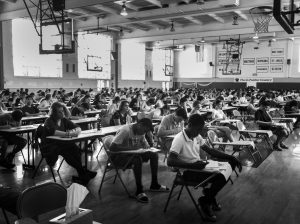
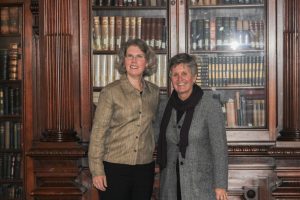


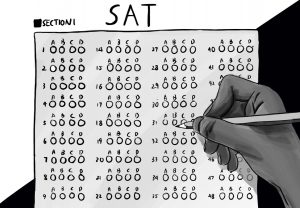
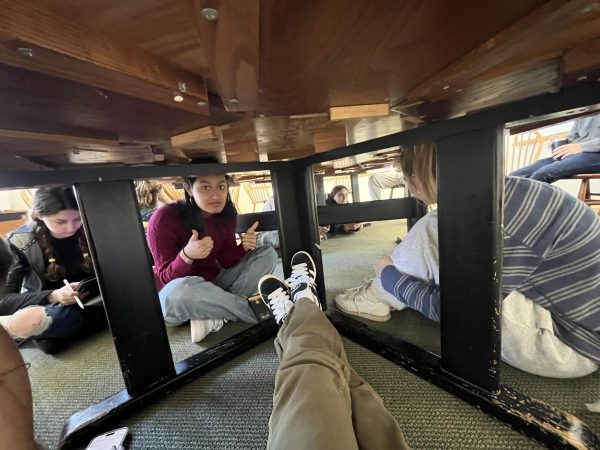
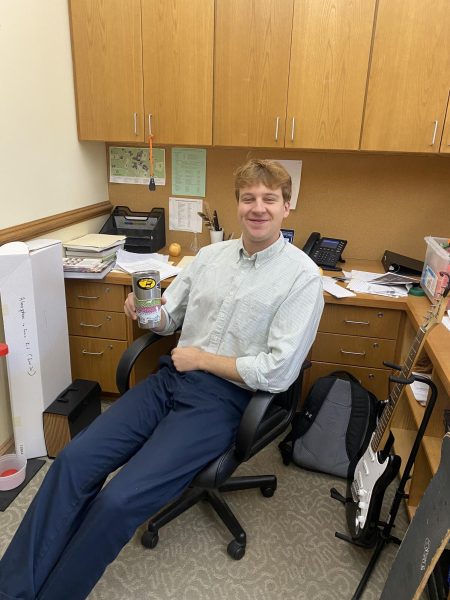
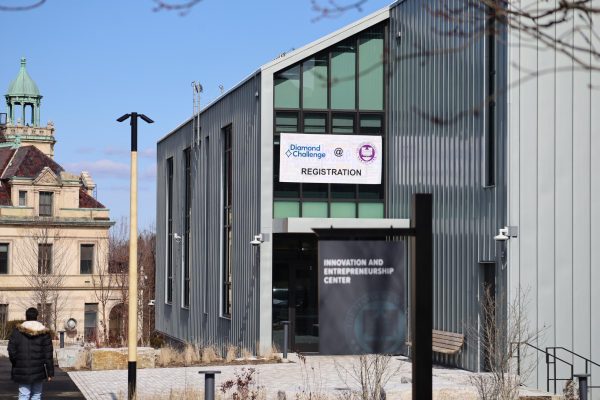
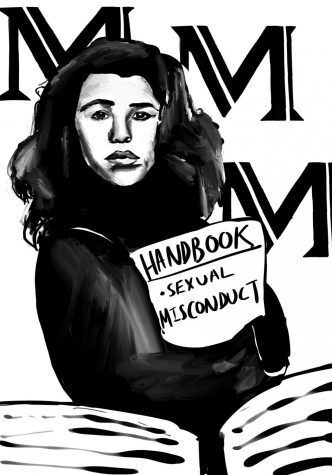
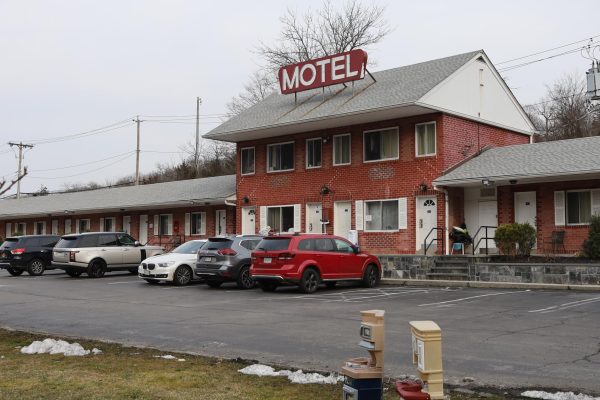

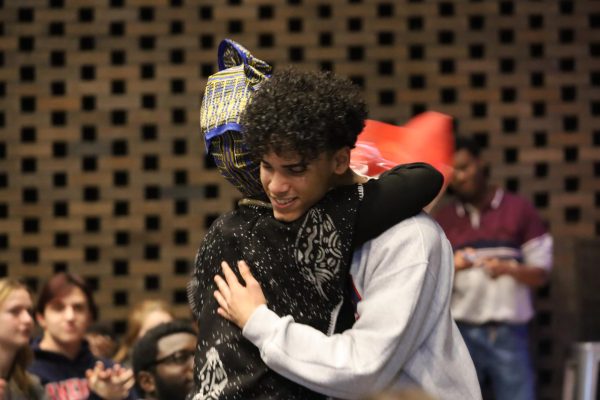
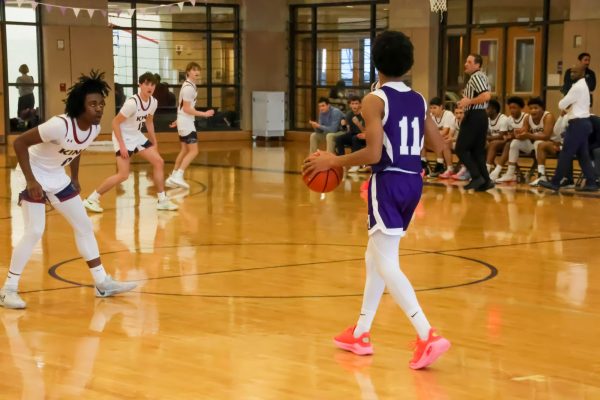
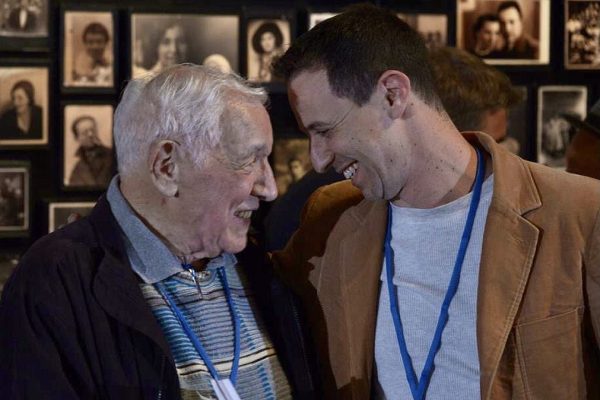
Samantha New • Mar 2, 2018 at 8:35 AM
Just so everyone knows, I’m not dead!! Also alex was my friend from camp!!!